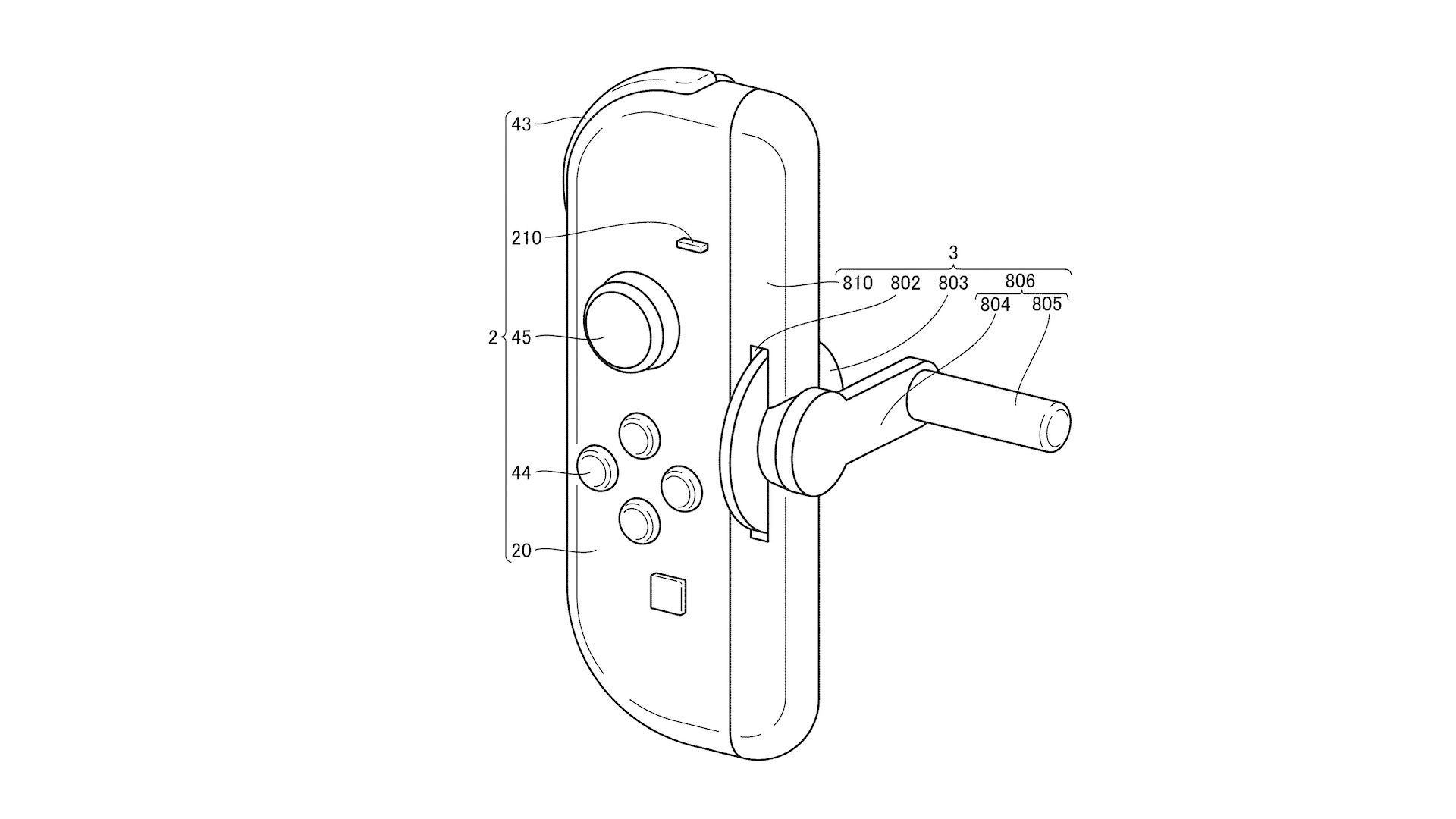Musician Simone Schmidt in Toronto in 2019. Schmidt pulled their work from Spotify after CEO Daniel Ek’s investment firm led a €600-million funding round in a German defence-tech company.Christopher Katsarov/The Canadian Press
Simone Schmidt wants to feel proud of how their music is experienced. That’s why the New Brunswick-based artist plays accessible venues, encourages masking at concerts and tries to work with local promoters.
And so, after Spotify chief executive Daniel Ek revealed in June that his investment firm Prima Materia led a €600-million ($962-million) funding round in the German defence-tech company Helsing, Schmidt joined the growing ranks of musicians pulling their work from the platform. The defence company imbues military drones with artificial intelligence technology, and Ek is its chairman.
Spotify and other subscription music streamers have long faced criticism over poor compensation for working musicians. Now, some artists are drawing a connection between the wealth that Ek generated on the backs of musicians’ labour and the destination of that money – and are choosing to end their relationship with the service.
In Mood Machine, author Liz Pelly tunes in to how Spotify has changed the music industry
Among them are the American bands Deerhoof and Xiu Xiu, the Australian psych-rockers King Gizzard & the Lizard Wizard, as well as Canadians such as Alberta’s Chad VanGaalen, Ontario’s Sunnsetter, and Schmidt, who performs as Fiver and has fronted bands including One Hundred Dollars and the Highest Order.
“There are people being massacred every day all over the world, and I think this reality is just unacceptable,” Schmidt says, citing Israel’s war in Gaza as an example. It was a natural and important response, Schmidt adds, to take action – at minimum by withdrawing from Spotify.
Helsing says it is “protecting our democracies,” by offering “precision mass and autonomous” technologies to governments, including AI-equipped strike drones capable of “engaging” targets up to 100 kilometres beyond the line of sight.
Representatives for Spotify and Prima Materia did not respond to requests for comment. Prima Materia emphasizes on its website that while Ek co-founded the investment company, “this activity is independent from his role as CEO and Chairman of Spotify.”
Spotify CEO Daniel Ek at a conference in Sun Valley, Idaho, in July.Kevin Dietsch/Getty Images
Subscription-based streaming on platforms such as Spotify brought in 51.2 per cent of the world’s recorded music revenue last year, according to lobbying group International Federation of the Phonographic Industry. The market-leading Swedish company says it has more than 696 million users, 276 million of whom pay to subscribe.
To exit Spotify, then, is no small matter for musicians seeking an audience. It has been done before – most famously by Neil Young and Joni Mitchell in 2022 over their frustration with misinformation from podcaster Joe Rogan, who had an exclusivity deal with Spotify at the time.
Those legacy musicians don’t need to worry about putting food on the table, however. For everyday working artists, pulling out of Spotify means cutting off a significant audience for their recordings; even if the fraction of a penny they make per stream doesn’t add up to much, streaming can build audiences who then show up for tours.
There have been notable Spotify holdouts over the years, such as Cindy Lee, the musical project and drag persona of Patrick Flegel, formerly of the Calgary band Women. Flegel initially released last year’s wildly acclaimed album Diamond Jubilee only on YouTube and a nineties-looking GeoCities-esque website.
Flegel said in a press release last week that the rest of the Cindy Lee discography would also be pulled from Spotify.
The response of these independent musicians to Ek’s deepening ties to Helsing – Prima Materia also invested in at least one other funding round – doesn’t amount to a mass exodus. But Liz Pelly, whose 2025 book Mood Machine was a critical investigation into Spotify’s business practices, describes artists’ rejection of the platform as the cumulative result of years of frustrations.
“Not even just over the payment model, but also the financialization of music, and the ways in which the streaming economy has played a role in reimagining music as an asset class for wealthy people,” Pelly says.
She also points to a long history of musicians pushing back against the defence industry, such as Montreal post-rock group Godspeed You! Black Emperor, whose 2002 album Yanqui U.X.O. featured artwork linking that industry with music companies. “Musicians don’t want money made from their music to be invested in the military-industrial complex,” Pelly says.
VanGaalen asked his labels, Sub Pop and Flemish Eye, to remove his music from Spotify, Apple Music and Amazon Music after U.S. President Donald Trump’s inauguration, following reports that the companies or their chief executives donated to the event. His frustration with streaming platforms only deepened since learning about Prima Materia’s latest Helsing investment.
“I didn’t ever think that I would be in a position where my art would be used for something so despicable and so inhumane,” VanGaalen says. He praises his labels for their commitment to independent music, in stark contrast to Spotify’s profit motive.
VanGaalen says he has no intention to shame fans or artists who keep using the service but wanted follow his moral compass. Like Fiver and Cindy Lee, his music is available for fans to hear for free on Bandcamp.
Schmidt, of Fiver, says that artists exiting Spotify could spark ideas for new systems for accessing music: “I think withdrawing is the beginning of the creation of more ethical pathways for musicians to work.”











